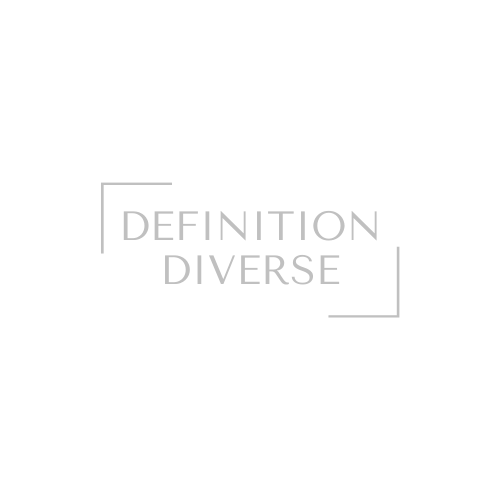SPIRITUAL AND LIFE PURPOSE
- Definitions of spirituality are diverse and defining this complex construct is unlikely to satisfy all. Also the terms religion and spirituality are commonly used interchangeably. Social scientists have described religion and spirituality as enabling individuals to maintain themselves physically, psychologically and socially. Spirituality has also been seen as focused upon the relationship with the sacred: a cycle that unfolds over the life span and involves biopsychosocial elements & transcendence: experience beyond the physical world. Transcendent experiences are seen to be associated with sense of peace, contentment, & emotional wellbeing – all of which are seen to foster a sense of purpose and meaning in life.
- Spirituality can also reflect an individual’s principles and beliefs – however if spiritual beliefs do not align with an individual’s actions, a sense of imbalance may be experienced within this life dimension.
- Positive emotions experienced in spiritual practices can enable more flexible, creative thinking, open-mindedness, expansion of our locus of attention, as well as contributing to more effective coping and resilience.
- Research suggests positive emotions associated with both religious and spiritual practices, such as gratitude, love, and compassion are experienced through emotional embodiment during these practices. When positive emotions are experienced in this context they promote wellbeing, as well as prosocial intentions and behaviours.
